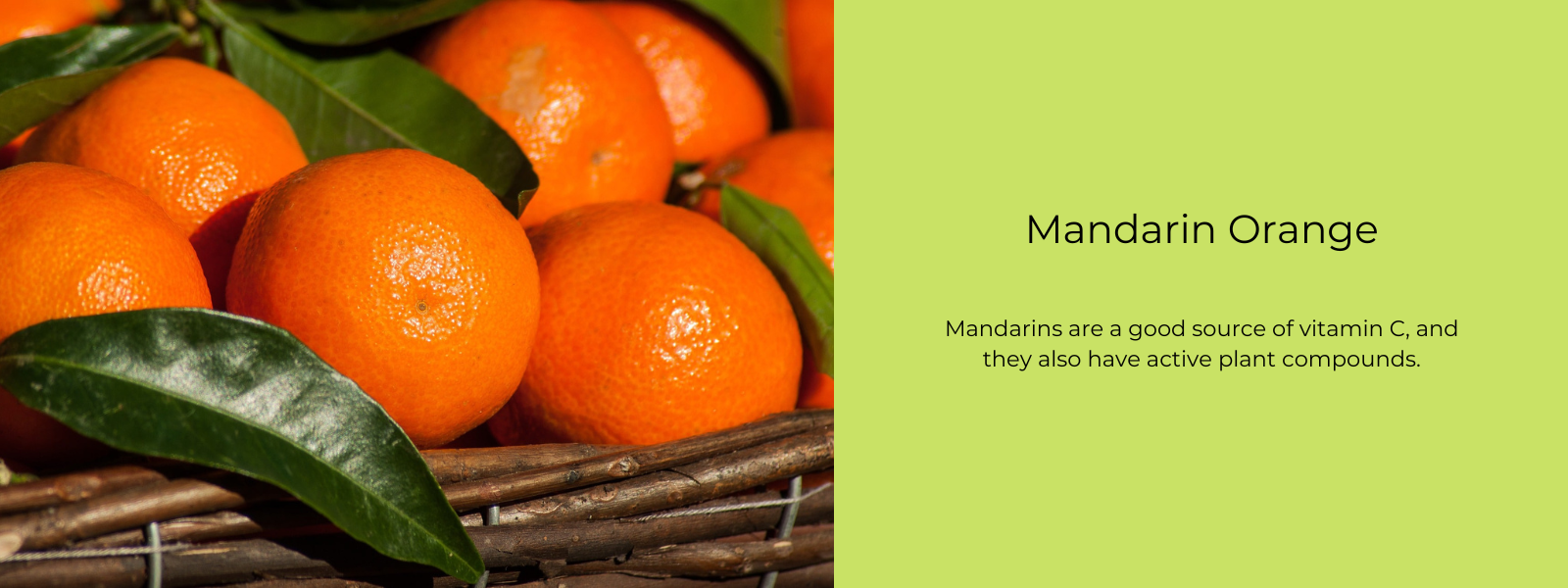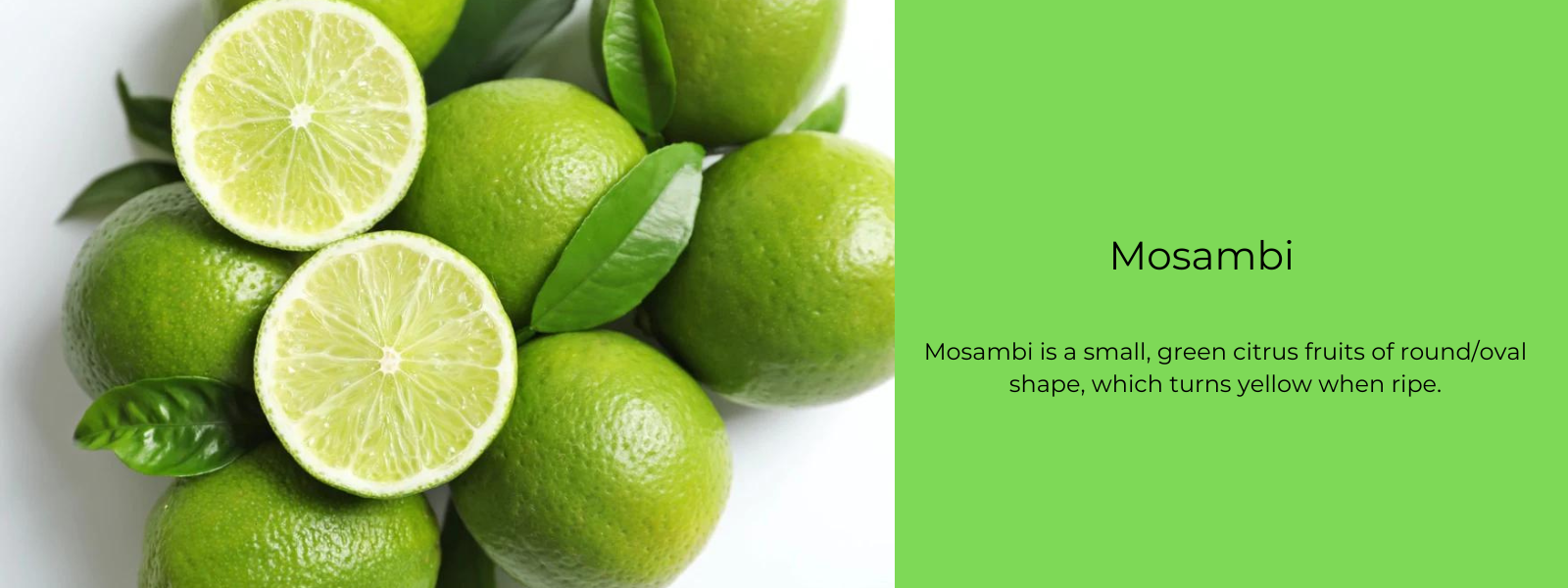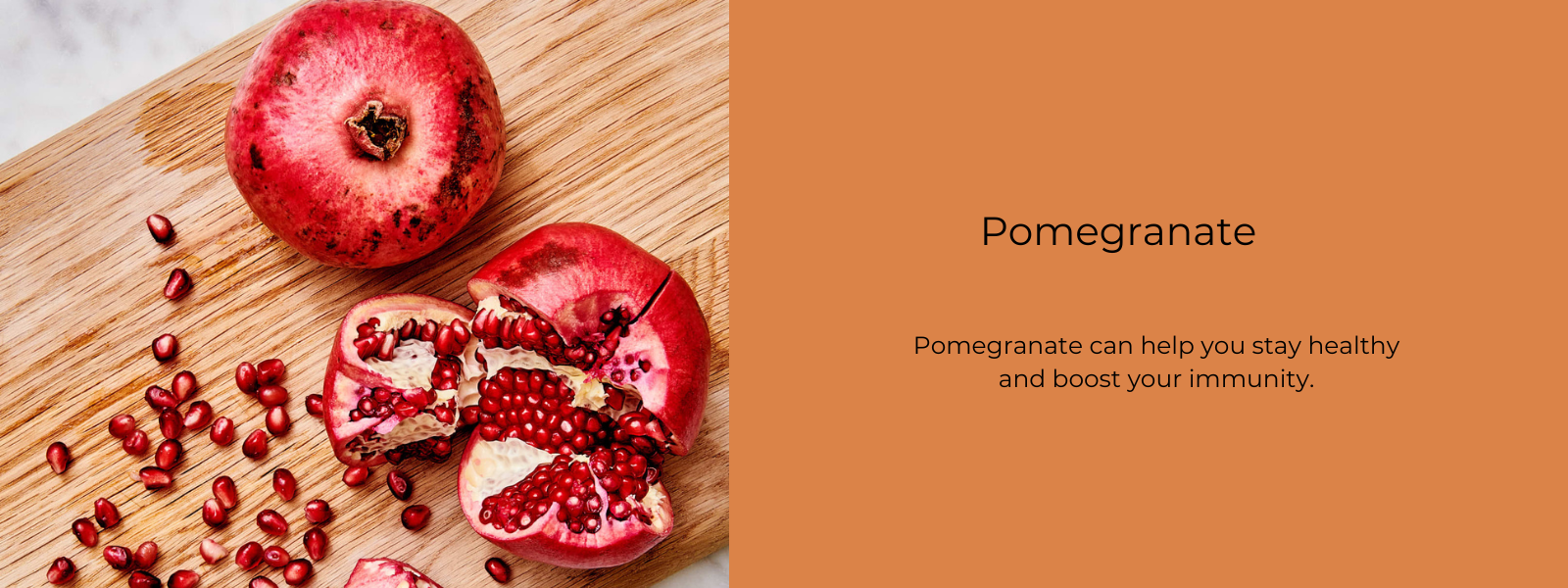Pomelo is a very big citrus fruit that comes from Asia. The pomelo's flesh can be green or yellow, and the skin is thick and pale. A pomelo can get as big as a cantaloupe or even a little bit bigger. It looks like a teardrop and tastes like a grapefruit but is a bit sweeter.
One pomelo fruit has as much vitamin C as is recommended for several days. Vitamin C is a powerful antioxidant and immune system booster. It also has a lot of copper, fibre, potassium, and other vitamins, minerals, and nutrients.
Table of Contents
What is pomelo?
Pomelo fruits look like teardrops and taste like a mix of things. They can be up to 20 pounds and taste sweeter than grapefruit. They are juicy and sour, just like tangerines. People think that they came from China around 100 BC.
The skin of a pomelo is thick and soft, making it easy to peel. The pulp inside can be different colours, like yellow, pink, or red. The fruit grows on citrus trees in hot summer weather and in tropical areas.
Other names of pomelo:
Pomelo, scientifically termed Citrus maxima or Citrus grandis, goes by several vernacular names such as "Chakotra" in Hindi, "Karuna" in Sanskrit, "Batabilebu" in Bengali and "Bambilimaas" in Tamil.
Taste of pomelo:
Pomelo is not bitter; instead, it tastes sweet and a little bit sour. But its skin and the white, thick membrane that covers the juice vesicles are very bitter. So, if the pomelo isn't peeled right and the white membrane is still on it, the fruit might taste bitter.
Nutritional value of pomelo:
Pomelos are a rich source of vitamin C and minerals. One pomelo fruit contains:
Energy – 231 calories
Carbohydrate – 58.6 g
Vitamin C – 371 mg
Fiber – 6.09 g
Protein – 4.63 g
Potassium – 1320 mg
Health benefits of pomelo:
1.Helps make digestion better.
Six grams of fibre are in each serving of pomelo. Most people need about 25 grams of fibre every day, and one serving of pomelo fruit can give you more than a fifth of that amount. Fibre gives your stools the right amount of bulk, which helps your body work better. At the most basic level, it helps by getting rid of constipation.
Fibre feeds the good microorganisms in your stomach, which helps them grow and do their job. Pomelo also has other health benefits, such as making bones stronger, helping you control your weight, and boosting your immune system.
- Antioxidant-rich
When there are a lot of free radicals in our environment, they can hurt our cells. Antioxidants help fix this damage, which makes us less likely to get cancer. Studies show that pomelo has a lot of vitamin C, a powerful antioxidant, as well as a number of other antioxidants.
Pomelos contain the antioxidants naringenin and naringin, which are also found in other citrus fruits. The antioxidant lycopene is also found in pomelo fruit. Lycopene is a compound found in tomatoes that helps reduce inflammation.
- Anti-Ageing Properties
Studies show that pomelo might be resistant to the effects of ageing because it has a lot of cell reinforcement. Cellular reinforcements, such as L-ascorbic acid, can help prevent skin damage caused by dangerous free radicals, giving you a more energetic look. Because it has a lot of glucose, pomelo may also reduce the amount of advanced glycation (AGEs). AGEs can speed up the ageing process by staining the skin and causing problems with the eyes and kidneys, especially in people with type 2 diabetes.
Also, the rejuvenating balm made from the strip of pomelo is great at repairing cells and can stop the skin from making melanin. It can also keep stains and sunspots from happening.
- Helps You Lose Weight
Studies show that pomelo has a "fat-burning compound" that can help you lose weight. It is called carnitine palmitoyl-transferase and doesn't show up in foods very often. Research shows that this catalyst can help you get in shape, which is why many people who are trying to cut calories choose to eat more pomelo. Besides that, pomelos might have a lot of fibre and protein, both of which make you feel full for a longer period of time.
Is pomelo good for diabetics?
These tasty, juicy fruits can be easily added to a diabetic's diet because they are full of fibre, minerals like zinc and copper, and powerful antioxidants.
Pomelo has a high GI (glycemic index) because it is full of simple sugars and carbs, but a low GL (glycemic load) (glycemic load). It doesn't cause sudden spikes in blood sugar when it's eaten, which makes it easier to control diabetes symptoms. Zinc and copper in pomelo have a lot of antioxidant activity, which helps get rid of toxins and free radicals and stop diabetes from getting worse.
The antioxidants naringenin and lycopene in pomelo are good for the heart. They help the heart's muscles work well, increase blood flow, and prevent serious heart problems.
Cardiovascular disease is one of the most common side effects of diabetes, and pomelo lowers cholesterol and triglyceride levels in the body by a lot. This, in turn, improves the health of diabetics' hearts and makes them less likely to need extra medicines.
Also, pomelo fruits have a lot of fibres that help control hunger and stop cravings that come on too soon. This greatly speeds up the way the body uses energy and keeps the body at a healthy weight, preventing overweight and obesity, which make diabetes worse.
When eaten in moderate amounts every day, pomelo helps improve diabetes mellitus and other long-term lifestyle diseases and improves overall health.
FAQs on Pomelo:
Ques: How long do pomelos last?
Ans: Pomelos can be kept for up to two weeks in the fridge and for one week at room temperature. But you have to eat a pomelo as soon as you peel it.
Ques: Can pomelo seeds be eaten?
Anx: No, pomelo seeds are not edible. But you can plant them because pomelo seeds are monoembryonic, which means they can help you grow new plants
Ques: Can you eat a pomelo on an empty stomach?
Ans: No. If you eat citrus fruits like pomelo on an empty stomach, your body may make more acid, which can cause stomach problems.










Leave a comment